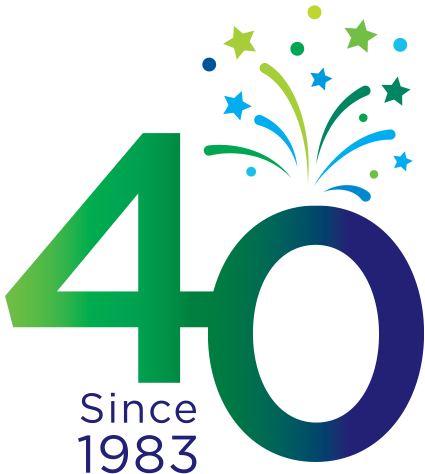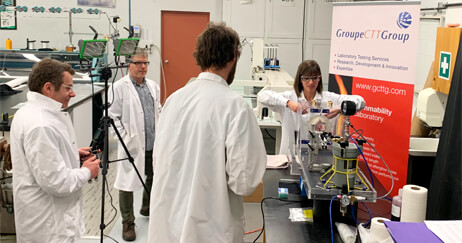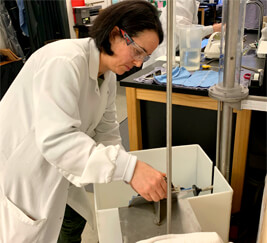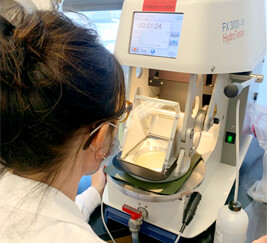Medical Products | Technical Services
Textile products used in the medical sector must meet strict standards to protect both patients and caregivers. In addition, some medical textiles are specifically designed for implant functions.
Here is one type of test that the CTT Group can perform to evaluate the resistance of personal protective materials to blood penetration
(ASTM F1670)
Personal protective equipment
“Liquid barrier”
“Liquid barrier” textiles used in the manufacturing of personal protective equipment (PPE), insulating jackets or surgical gowns are among the textile products that are subject to characterization tests at CTT Group.
These textiles must be tested to four different levels according to the ANSI AAMI PB70 standard. At CTT Group, we can test your products for levels 1 through 3, and part of level 4:
COVID-19 pandemic
Protective Masks
The COVID-19 pandemic has increased the need for protective masks (N95, surgical masks). To meet this new demand, many Quebec manufacturers already working in the field of personal protection have redirected their production capacity or adapted their offer to produce face coverings.
CTT Group supports manufacturers in their product development by providing technical assistance with the tests and methods required for medical or consumer use.
Several types of masks are to be considered, and require a good understanding of analysis methods:
Surgical masks
(or procedure masks), meanwhile, are subject to the ASTM F2100 specification, which includes five performance tests
- aerosol bacterial filtration capability (ASTM F2101);
- breathability test (EN 14683 Annex C);
- filtration capacity of latex particles (PFE) at 0.1 micron (ASTM F2299);
- resistance to synthetic blood spatter (ASTM F1862);
- flammability (16 CFR 1610).
Type N95 masks
meet the 42 CFR 84, Section 180 and 181 specification, which recommends a breathability test and a 0.3 micron NaCI particle filtration test, in addition to a fit test to determine the size needed for each user (“fit-test”). In addition, ASTM F1862 and ASTM F2101 testing is required for medical applications.
CTT Group experts allow you to develop your products for the medical protection market with complete rigor.
Beyond standard characterizations, CTT Group can also assess the shelf-life of medical products. Our protocol is based on the ASTM F1980 accelerated aging guide.
We also assist companies developing textiles for cardiovascular implants in accordance with ISO 7198.









